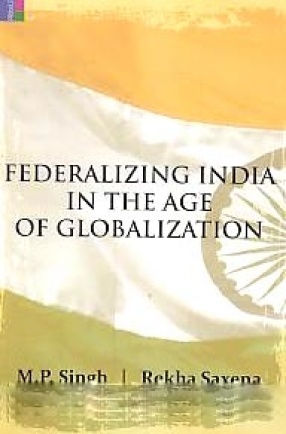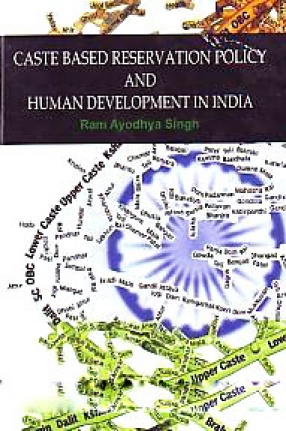Canada in 1867 and India in 1950 adopted constitutions broadly similar in principle to the Westminster model prevalent in England but with the modification that they added on to a parliamentary framework of a federal component. Federalism created at least two orders of governments at the union and state levels with shared and demarcated jurisdictions. This feature of the governments in the two countries entailed the necessity of mechanisms of intergovernmental relations for negotiations, policy formulation, and political settlement of intergovernmental disputes. Initially less problematic in both countries, federal-provincial relations in Canada and union-state relations in India have become increasingly important with the growing federalization/regionalization in Canada since the post-World War II era and in India since the 1980s, especially 1990s. This is the first book-length work on intergovernmental relations India and Canada in a comparative perspective.
Situating Federalism: Mechanisms of Intergovernmental Relations in Canada and India
In stock
Free & Quick Delivery Worldwide
reviews
Bibliographic information
Title
Situating Federalism: Mechanisms of Intergovernmental Relations in Canada and India
Author
Edition
1st ed.
Publisher
ISBN
817304676X
Length
356p., Tables; Notes; Bibliography; Index; 23cm.
Subjects








There are no reviews yet.